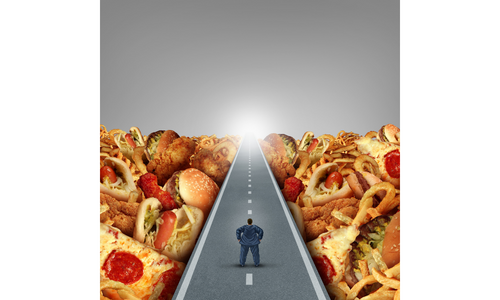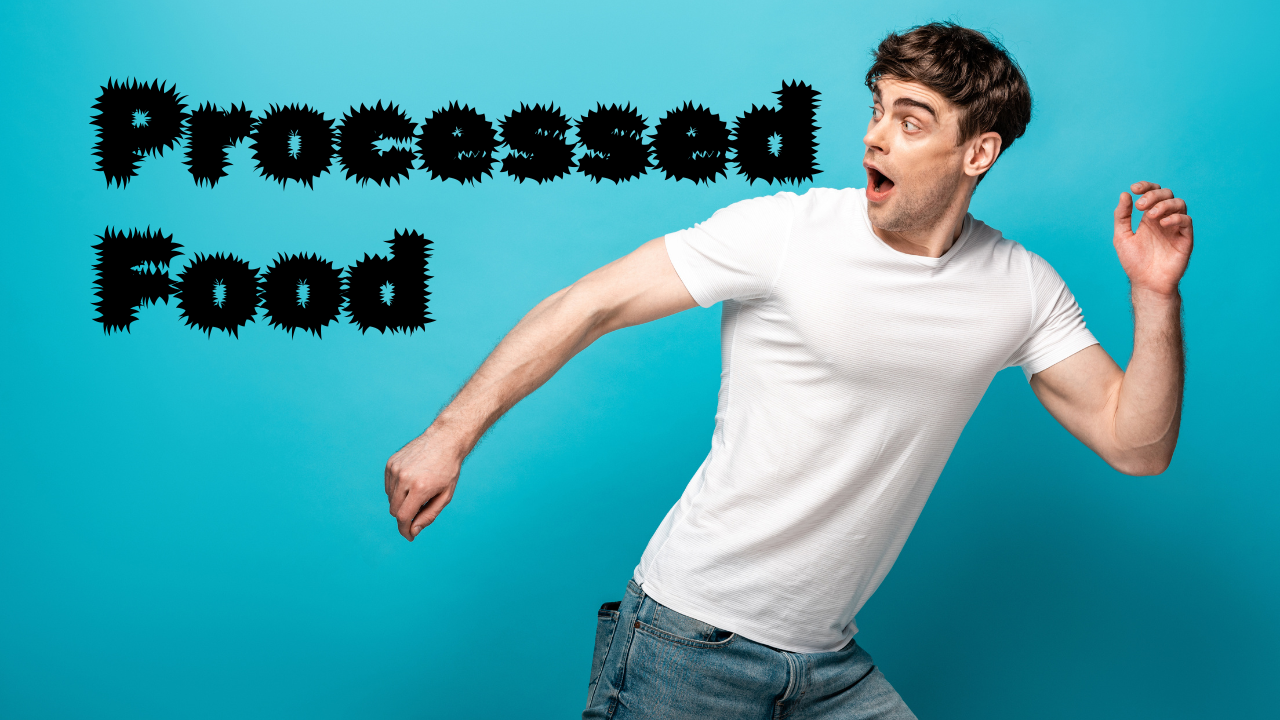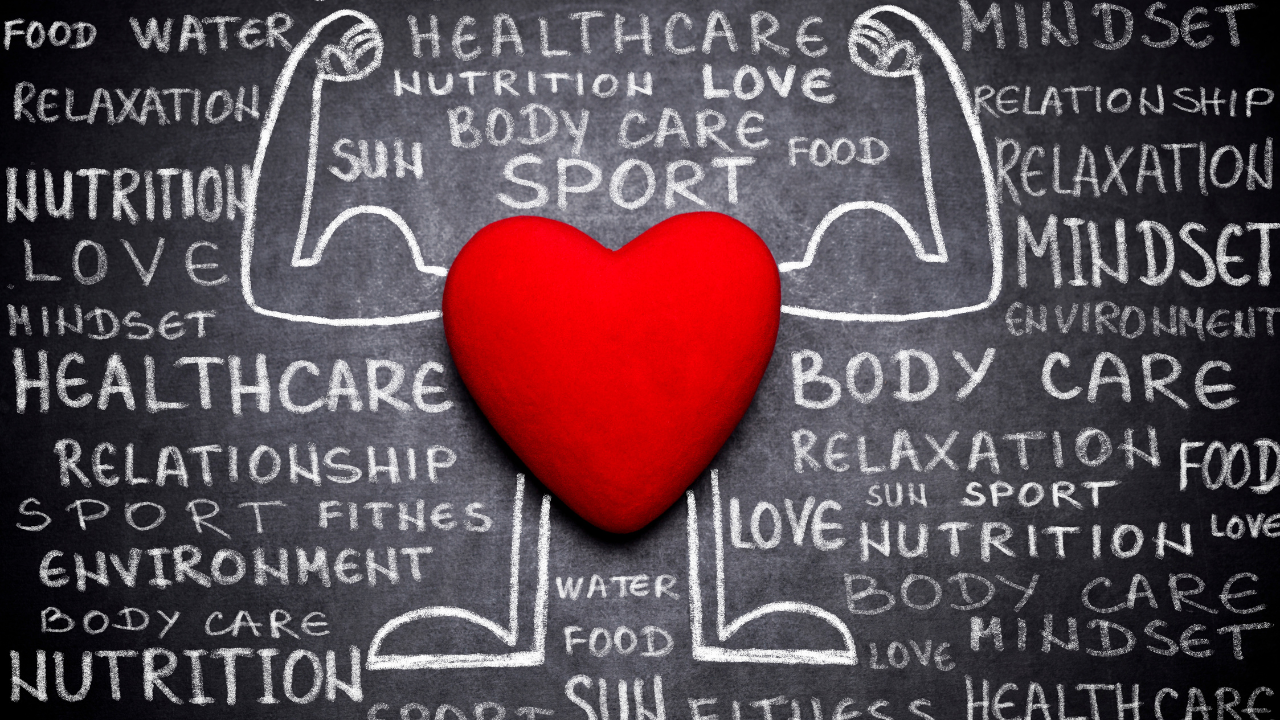What Triggers Loss of Control and Overeating?

Issue No. 27 | Brought to you by the Addiction Reset Community – ARC
Unlocking the secrets of processed food addiction and guiding you to find freedom from food and weight obsession.

Recovery from processed food addiction requires vigilance and management of triggers and cues that lead to eating processed foods. Repeated relapse and loss of control can be frustrating and is often the result of being unaware of how to identify and manage triggers and cues.
Cues are stimuli in the environment that lead to developing a routine that is the basis for a habit. On the other side of the routine is a reward. Cues, routines, and rewards go hand in hand with creating a habit. Triggers are stimuli that prompt people to think about related things. They are, quite simply, reminders to engage in a specific behavior.

The research shows that relapse is not simply due to a lack of willpower or commitment. Loss of control despite the desire to achieve abstinence from processed foods is due ...
Key To Recovery From Processed Food Addiction, Is Understanding Severity

Issue No. 26 | Brought to you by the Addiction Reset Community – ARC
Unlocking the secrets of processed food addiction and guiding you to find freedom from food and weight obsession.

Having an accurate perspective of the severity of processed food addiction removes the cloak of self-blame and shame and helps you to consider the right level of recovery messaging and support that may be needed for recovery.
For far too long, the focus has been on weight loss dieting with little attention being given to the underlying causes of uncontrolled eating. Understanding that you are dealing with a severe addiction is a major step in your quest to take back control of your food and save yourself from diet-related diseases.

Here are 10 reasons why processed food addiction is most commonly, a severe addiction:
1. Addiction in childhood
Important factors include:
- sugar
- fat and salt combinations in children’s foods
- children experiencing more intense cravings than adults
- exc...
10 Factors That Make Food Addiction Harder To Beat

Issue No. 25 | Brought to you by the Addiction Reset Community – ARC
Unlocking the secrets of processed food addiction and guiding you to find freedom from food and weight obsession.

For many people, processed food addiction is severe and much harder to put into remission than alcohol and other drugs.

Several factors may contribute to why food addiction is difficult for you to overcome:
- You have lost and regained weight.
- You can remember craving or longing for processed food as a child.
- You overeat sugar, artificial sweeteners, flour, gluten, excessive salt, dairy, processed fat or caffeine and tend to eat these in combinations.
- You overeat in reaction to a variety of stimuli such as temptation, advertising, relationships, fatigue or stress.
- You often eat at restaurants, fast food outlets, and convenience stores.
- Your household members eat processed food in front of you or leave them out where you can see them.
- Most of your friends and family eat processed foods. ...
11 Signs That You May Be Experiencing Processed Food Addiction

Issue No. 24 | Brought to you by the Addiction Reset Community – ARC
Unlocking the secrets of processed food addiction and guiding you to find freedom from food and weight obsession.

The severity of processed food addiction is often underplayed with the use of phrases like “over-eating”, “emotional eating”, “sweet tooth” or “stress eating”. Framing the problem properly can be the first step to finding solutions.

Research shows that the same signs are present in processed food addiction, that are present in alcohol and drug addiction.
Modelled on the American Psychiatric Association’s criteria for substance addiction, here are 11 signs that you can use to self-assess for processed food addiction:
- You’ve eaten despite not intending to
- You’ve tried to cut back and have failed
- You spend a lot of time thinking about, planning, getting, eating and recovering from processed foods
- You crave these foods
- Eating these foods makes it hard for you to fulfil roles
- Eating gives y...
Processed Food Addiction and Mental Health

Issue No. 22 | Brought to you by the Addiction Reset Community – ARC
Unlocking the secrets of processed food addiction and guiding you to find freedom from food and weight obsession.

So many people around the world suffer in the painful despair of facing mental health challenges. While some conditions may require a clinical diagnosis and treatment, it may surprise you to know that research reveals that processed food alters brain function.

Scientific studies reveal that processed foods are associated with the following direct and indirect aspects of mental health:
- Anxiety: Processed foods activate brain cells which release a signal that tells the adrenal glands to release adrenalin. With extra adrenalin floating around the body, we become anxious and angry.
- Depression: Processed foods cause reward brain cells to release extra dopamine. So much extra dopamine causes the dopamine pathway to 'wear out.' The technical term is down-regulate. The pathway can't make the pers...
Catching Food Addiction From Social Circles

Issue No. 21 | Brought to you by the Addiction Reset Community – ARC
Unlocking the secrets of processed food addiction and guiding you to find freedom from food and weight obsession.

If we consider how much time we spend in the company of family, friends, acquaintances or co-workers, it may be worth noting that research shows that we can actually “catch” processed food addiction from our social circles. While processed food addiction is not caught in the same way as an airborne virus, eating behavior patterns are indeed “contagious”.

Have you ever struggled to remain consistent on a new diet plan because you were the only one in the house trying to eat clean? Or perhaps you’ve tried to eat clean while your circle of friends found it unthinkable that you would “deprive” yourself of eating sugary treats with them? Or have you had difficulty avoiding the junk food in the breakroom at work because your co-workers convinced you to take a break from your diet “just for today”?

...
Exercise: A Useful Tool For Recovery From Processed Food Addiction

Issue No. 20 | Brought to you by the Addiction Reset Community – ARC
Unlocking the secrets of processed food addiction and guiding you to find freedom from food and weight obsession.

Recovering food addicts may be pleased to know that there is a strong body of research showing that exercise can support recovery, in a variety of ways.

Here are some of the benefits of exercise as a tool in your food addiction recovery toolkit:
- Exercise can reduce cravings and hunger.
- A lack of quality sleep can be a trigger for using food to cope with tiredness. Exercise can improve sleep.
- It offers a creative alternative from the cueing of watching television or being in kitchen unnecessarily.
- Exercise is also found to reduce isolation, which another reason, food addicts may turn to food.
- Another important function of exercise is to improve cognitive functions. This makes it easier to make good decisions about abstinent foods and cue-avoidance.
- Food addicts often suffer from issues rela...
Reduce The Distress of Withdrawal

Issue No. 19 | Brought to you by the Addiction Reset Community – ARC
Unlocking the secrets of processed food addiction and guiding you to find freedom from food and weight obsession.

Have you tried to cut back or abstain from processed food, but the discomfort of withdrawal became so intense, you gave up?

In this issue, we will take a look at some ways that you can prepare for initial withdrawal to make it more manageable. Later in your recovery, if you experience accidental ingestion or relapse on processed food, these techniques can help you to move quickly through re-withdrawal by minimizing the distress of symptoms.
Symptoms:
Withdrawal from processed foods can manifest in many ways. Symptoms can include, headache, muscle cramps, stomach ache, chills, fever, irritability, depression, anxiety or intense cravings. The severity and combinations of symptoms can vary significantly from person to person. Symptoms can last 2-8 days.
Be Prepared:
Here are several th...
Planning to get on track with your food this new year?

Issue No. 18 | Brought to you by the Addiction Reset Community – ARC
Unlocking the secrets of processed food addiction and guiding you to find freedom from food and weight obsession.

Discover the ‘20 Must-Haves’ for recovery!
For many, the new year presents a timestamp for a new start to get control of your food and body weight and live a healthy lifestyle. Some may get off to an enthusiastic start with a new diet or healthy meal plan, but then become frustrated by failure to gain long-term control and achieve your health goals.

Despite your best efforts to abstain from unhealthy processed foods, your new year resolutions may be derailed as you return to eating these addictive ‘food-like’ substances, again and again. Worse still, you may be left disillusioned by diets, meal plans or support programs that fail to help you get back on track.
The triggers that processed food addicts are confronted with everyday are pervasive in every facet of our society. The addiction...
Difficult Emotions in Social Situations | Part 2 of 2

Issue No. 17 | Brought to you by the Addiction Reset Community – ARC
Unlocking the secrets of processed food addiction and guiding you to find freedom from food and weight obsession.

In the last issue of this newsletter, we looked at two of the top four most difficult emotions that people may experience in group settings. We acknowledged that having negative feelings at gatherings happens to many people for different reasons. You are not alone in this. In this issue, we look at the top 2 emotions on that list.
I Feel Tired in Social Situations
Feeling number 2 is Tired. We've all been there. We finally reach the social event, and the processed foods have exhausted us. Or we decide that we're going to let down our guard and go ahead and eat processed foods.
And Boom!

Processed foods can drain us within 20 minutes of consumption. Maybe we arrived in good spirits, but 20 minutes after the first drink or bite, we're tired on all levels. We're tired physically and need to si...

